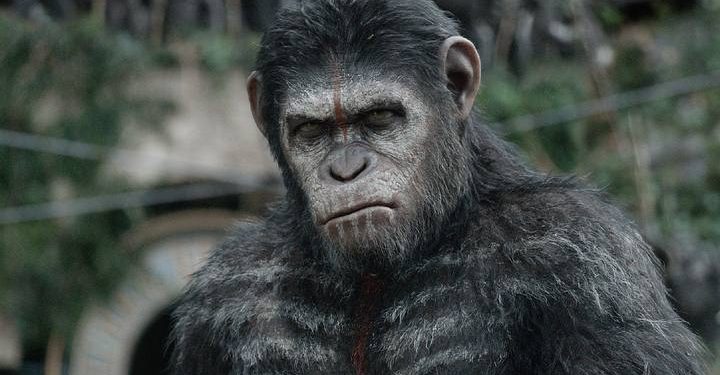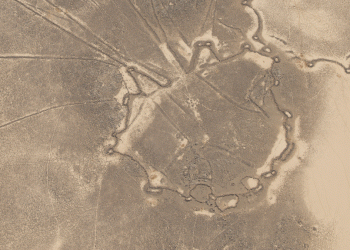In a scientific mission to understand and unlock how human intelligence evolved –and continues to evolve– several ethical questions arise that our society may be unable to answer or understand. According to reports, Chinese scientists have inserted human brain genes into monkeys—and guess what? They may be smarter. The gene inserted into the brains of primates is of great importance for human brain development. The treated monkeys subsequently showed human-like brain development, as reported by China Daily.
Geneticists Insert Human Brain Genes into Monkeys
Chinese scientists have created several transgenic monkeys with additional copies of a human brain gene that can play an essential role in the development of intelligence, according to MIT Technology Review, the journal of the Massachusetts Institute of Technology (MIT). Surprisingly, scientists have found that the modified macaques achieved better results in memory tests. “This was the first attempt to understand the evolution of human cognition using a transgenic monkey model,” explained Bing Su, the geneticist at the Kunming Institute of Zoology, who led the new study. Researchers have shown that the modified monkeys performed better at memory tests involving different colors and block pictures. Scientists also noticed that their brains took longer to develop than human children do.
Is it ethically correct?
The experiment results were described in the Beijing journal, National Science Review and first reported by Chinese media. But not everyone welcomed the experiment. Scientists from around the globe said that the effort was reckless. Researchers questioned the ethics behind genetically altering primates. “The use of transgenic monkeys to study human genes linked to brain evolution is a perilous road to take,” explained James Sikela, a geneticist carrying out comparative studies among primates at the University of Colorado. According to Sikela, this experiment may open the food for more severe and extreme animal modifications.
Slippery slope issue
“It is a classic slippery slope issue, and one that we can expect to recur as this type of research is pursued,” he added. But although many experts will agree or disagree, the experiment was a success, say scientists who wrote in their paper how they “successfully generated 11 transgenic rhesus monkeys (8 first-generation and three second-generation) carrying human copies of MCPH1, an essential gene for brain development and brain evolution. Brain image and tissue section analyses indicated an altered pattern of neural cell differentiation, resulting in a delayed neuronal maturation and neural fiber myelination of the transgenic monkeys, similar to the known evolutionary change of developmental delay (neoteny) in humans.”
Geneticists Insert Human Brain Genes into Monkeys: Promising results
“Further brain transcriptome and tissue section analyses of major developmental stages showed a marked human-like expression delay of neuron-differentiation and synaptic signaling genes, providing a molecular explanation to the observed brain developmental delay of the transgenic monkeys.” “More importantly, the transgenic monkeys exhibited better short-term memory and shorter reaction time than the wild-type controls in the delayed matching to sample task. The presented data represents the first attempt to experimentally interrogate the genetic basis of human brain origin using a transgenic monkey model. It also values the use of nonhuman primates in understanding unique human traits.”
Join the discussion and participate in awesome giveaways in our mobile Telegram group. Join Curiosmos on Telegram Today. t.me/Curiosmos











